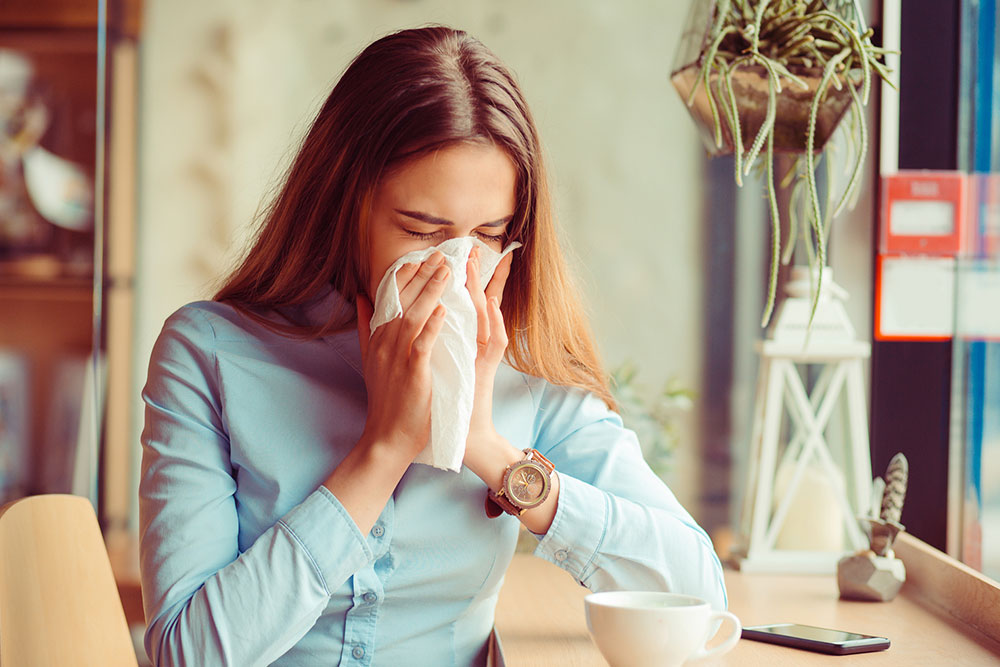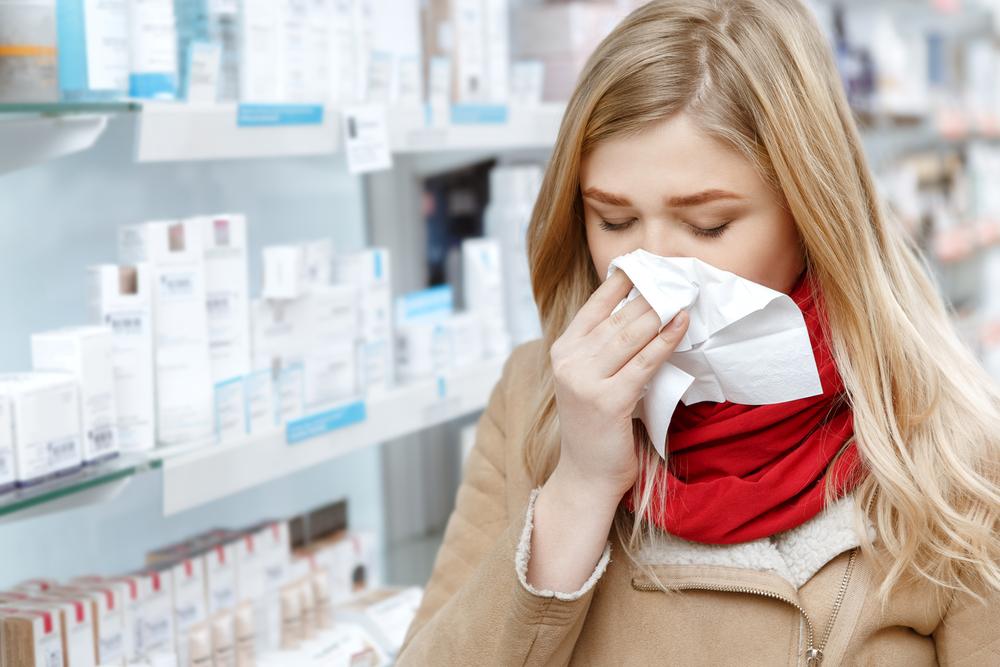Comprehensive Strategies for Effectively Managing Seasonal Allergies
This comprehensive guide explores effective strategies for managing seasonal allergies, including medication options, lifestyle tips, and advanced treatments like immunotherapy. Learn how to control symptoms such as sneezing, nasal congestion, and itchy eyes with professional guidance and home remedies. Adopt a proactive approach to enjoy the seasons without discomfort. Perfect for allergy sufferers seeking practical advice to minimize symptoms and improve quality of life throughout allergy seasons.

Comprehensive Strategies for Effectively Managing Seasonal Allergies
Seasonal allergies, also known as hay fever or allergic rhinitis, are a common health concern that affects millions of people worldwide every year. These allergic reactions occur when the immune system overreacts to environmental allergens like pollen, mold spores, and other airborne irritants. Symptoms can significantly impair daily activities and overall quality of life, manifesting as itchy, watery eyes, sneezing, nasal congestion, runny nose, respiratory discomfort, and fatigue. Despite the challenges of avoiding allergens entirely, there are numerous effective strategies and treatment options designed to alleviate symptoms and help individuals enjoy the seasons with minimal discomfort.
Understanding Seasonal Allergies and Their Triggers
Seasonal allergies are triggered primarily by pollen from trees, grasses, and weeds, which are prevalent during specific times of the year. For instance, tree pollen is most common in spring, grass pollen peaks during late spring and summer, and ragweed pollen is generally high in late summer and fall. Recognizing these triggers is essential for effective management. Additionally, mold spores and air pollution can exacerbate symptoms. Environmental awareness combined with proactive measures can significantly reduce allergy severity.
Effective Medication Options for Allergy Relief
When it comes to managing seasonal allergies, medications are often the first line of defense. Consulting with a healthcare professional before starting any medication is critical to ensure safety and suitability. Over-the-counter (OTC) medications can provide substantial relief, and understanding their use can greatly improve symptom control.
Utilizing Antihistamines for Rapid Symptom Relief
During allergy seasons, the immune system releases histamine, a chemical that causes many allergy symptoms such as sneezing, itchiness, and watery eyes. Antihistamines are designed to block histamine's effects, leading to rapid relief of these symptoms. Available in various forms, including pills, tablets, liquids, and nasal sprays, antihistamines are convenient and effective. Common OTC options include Cetirizine (Zyrtec), Loratadine (Claritin), Fexofenadine (Allegra), and Desloratadine (Clarinex). These medications are generally well-tolerated and cause minimal drowsiness, especially newer generation antihistamines.
Use Decongestants with Caution
Decongestants are valuable for providing quick relief from nasal congestion, a particularly bothersome symptom during allergy season. They work by constricting blood vessels in the nasal passages, reducing swelling and opening airways. However, they should be used judiciously due to potential side effects, including elevated blood pressure, insomnia, and urinary retention. It is advisable to use decongestant medications under medical guidance, especially for individuals with pre-existing health conditions such as hypertension or prostate issues. Nasal sprays containing oxymetazoline provide rapid relief but should not be used longer than three consecutive days to avoid rebound congestion, known as rhinitis medicamentosa. In addition, saline nasal rinses can help clear nasal passages without medication, offering a safe alternative for relief.
Combination Therapies for Enhanced Relief
For comprehensive symptom management, many healthcare providers recommend combination therapies that address multiple allergy symptoms simultaneously. Many OTC drugs combine antihistamines with decongestants, providing broader relief. Examples include Allegra-D, Claritin-D, and Zyrtec-D, which combine antihistamine effects with nasal decongestant properties. Such combination medications are often more effective than single-agent treatments, especially for severe or prolonged allergy symptoms.
Additional Medication Strategies and Specific Treatments
Besides broad-spectrum antihistamines and decongestants, there are medications targeting specific allergens. For instance, drugs like nasal cromolyn (Nasalcrom) help prevent allergy symptoms by stabilizing mast cells and reducing histamine release. These can be particularly helpful for individuals sensitive to specific triggers like grass or ragweed pollen. In some cases, allergy immunotherapy or allergy shots offer a longer-term solution by gradually retraining the immune system. Administered by healthcare professionals, immunotherapy involves injecting small, controlled amounts of allergens, diminishing the severity of reactions over time.
Immunotherapy and Allergy Shots
When symptoms are persistent and drugs do not provide complete relief, allergen immunotherapy may be recommended. This involves a series of allergy injections tailored to the individual's specific sensitivities. Over time, these injections help modify the immune system's response, decreasing allergic reactions and reducing the need for medication. It is especially beneficial for individuals with severe, uncontrolled allergies or those allergic to multiple triggers. Consulting an allergy specialist can help determine if immunotherapy is suitable.
Home Remedies and Lifestyle Adjustments for Allergy Management
In addition to medications, adopting certain home remedies and lifestyle habits can significantly reduce exposure and alleviate symptoms. Regular nasal irrigation with saline solutions can flush out pollen and irritants from nasal passages. Showering and washing hair after outdoor activities remove pollen from the skin and hair, preventing further exposure indoors. Changing clothing and bedding frequently during peak pollen seasons reduces allergen presence inside the home. Using HEPA air purifiers helps to filter airborne pollen and mold spores. Some natural and herbal remedies, such as eucalyptus oil or butterbur, have shown potential benefits, although scientific evidence varies. Maintaining a clean environment and avoiding outdoor activities during peak pollen times are also essential measures.
In summary, managing seasonal allergies requires a comprehensive approach combining medication, environmental controls, and lifestyle adjustments. Consulting healthcare professionals ensures personalized and effective treatment strategies, helping sufferers enjoy their seasons with fewer symptoms and greater comfort.





